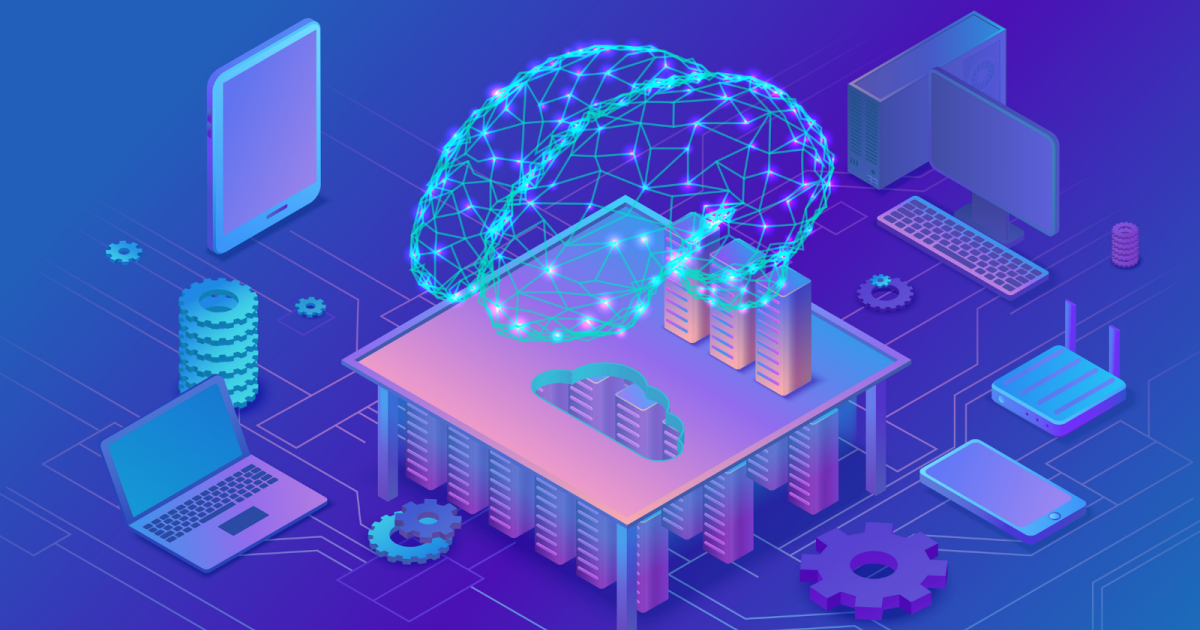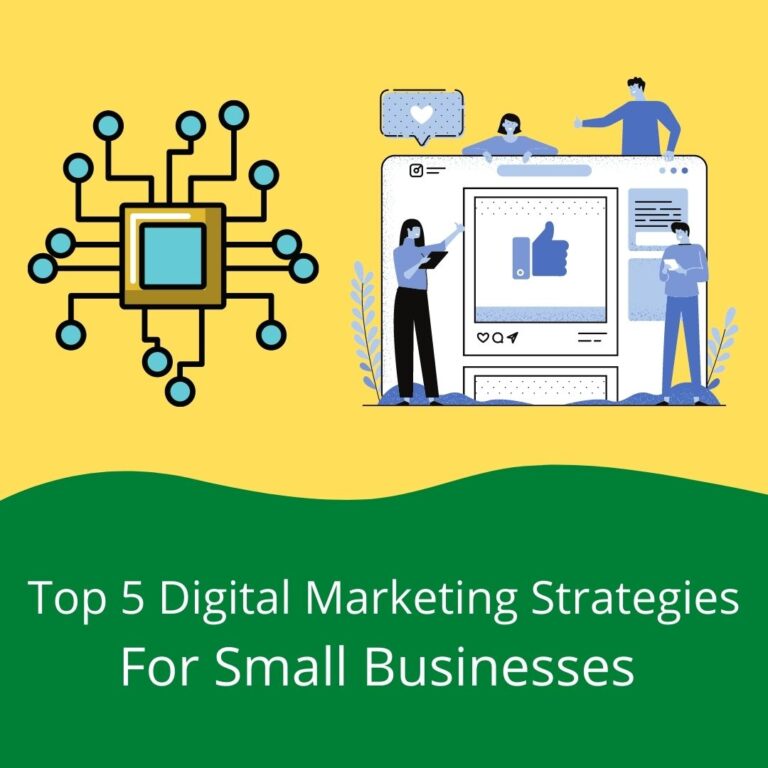
Artificial intelligence
Science is a systematic and rigorous effort to construct and organize knowledge into testable explanations and predictions about the world. Nowadays, it is very famous for advanced technology called AI. Artificial intelligence (AI) is a field of computer science that focuses on creating intelligent machines that can perform tasks that typically require human intelligence.
AI involves the development of algorithms and computer programs that can learn from data and make decisions based on that data. AI can be used to solve cognitive problems commonly associated with human intelligence, such as learning, reasoning, and perception. AI is based on a variety of technologies, including machine learning, natural language processing, and image recognition. At the heart of these technologies is data forms the basis of AI.
Modern algorithms, e.g. umělá inteligence especially deep learning, require significant computational resources, which are provided by hardware that acts as a base layer providing the essential infrastructure to training AI models. AI has several advantages, including the ability to learn from data and improve its performance over time, processing data objectively without being influenced by human emotions or biases, while automating repetitive and time-consuming tasks. AI can also be used to improve decision making and new product development.
Artificial Intelligence (AI) has both positive and negative impacts on human performance. On the one hand, AI can increase efficiency and productivity in various fields such as industry, services, and healthcare. AI can automate repetitive and time-consuming tasks, freeing up human workers to focus on more complex and creative tasks. For example, AI can be used to predict supply and demand in trading, or to predict weather conditions and assist in travel planning.
In addition, AI can improve decision-making and help develop new products. On the other hand, AI can also have negative impacts on human performance. One of the main concerns is the replacement of human workers by machines. In some sectors, such as manufacturing and agriculture, AI and robotics have replaced human workers in repetitive and high-risk tasks, leading to potential job losses and changes in the labor market. This can cause unemployment and economic inequality. Moreover, the overuse of AI can lead to a lack of privacy and security of data.
In conclusion, the impact of AI on human performance is complex and multifaceted. While AI can increase efficiency and productivity, it can also lead to job losses and other negative impacts. It is important to develop regulations and ethical guidelines for the use of AI to ensure that it is used responsibly and for the benefit of society
In addition to AI, there are other technologies that potentially take the place of human labor. Among these technologies are the following:
- Robotics: In industry and agriculture, robots can carry out dangerous and repetitive jobs, which could result in job losses and shifts in the labor market.
- Automation: By automating time-consuming and repetitive processes, automation allows human workers to concentrate on more difficult and creative jobs
- Chatbots and virtual assistants: By automating customer care and support tasks, chatbots and virtual assistants can minimize the need for human labor.
- Self-driving cars: In the transportation and logistics industries, self-driving cars have the potential to replace human drivers, which could result in job losses and labor market shifts.
- Wearable technology: By tracking and monitoring fitness and health, wearable technology can lower
However, some jobs—like those requiring empathy, creativity, and analytical skills—canstill not be replaced by technology.
Among these jobs are:
- Artist: Artists produce one-of-a-kind, handcrafted goods that are impossible for machines to duplicate.
- Doctor or other medical professional: In order to treat patients, medical practitioners need to have empathy and engage with people.
- Sales: Persuasion and interpersonal skills are essential for sales.
- Human resources management: To effectively manage and assist personnel, human resources management calls for empathy and interpersonal skills.
- Journalism: To cover and analyze news and events, journalists need to be creative and possess critical thinking abilities.
As a result, even while artificial intelligence (AI) is one technology that can take the place of human labor, other technologies that can do the same include robotics, automation, chatbots, virtual assistants, self-driving cars, and wearable technology. However, some jobs—like those requiring empathy, creativity, and analytical skills—can still not be replaced by technology.
It’s critical to approach the development of artificial intelligence (AI) with optimism and be open to the changes it will bring about. Here are some pointers for dealing with AI:
- Consider AI a tool: Consider AI as a tool that may assist boost productivity, spark creativity, and open up new opportunities rather than as a danger.
- Stress human abilities: While AI can automate laborious and repetitive activities, it cannot take the place of human abilities like empathy, creativity, and critical thinking.
- As a result, it’s critical to cultivate and prioritize these skills in the workplace.
- Create moral standards: To ensure that artificial intelligence is used responsibly and for the good of society, its application should be guided by ethical concepts and values. Invest in education and training: Courses and training programs ought to be created to equip people with the knowledge and abilities needed to collaborate with artificial intelligence (AI) and to get ready for the changes that will come with it.
- To guarantee that education and training programs are available to everybody, the government might offer incentives and support. Recognize the hazards: Although AI offers numerous advantages, there are also risks, including the loss of jobs, bias, and privacy issues. It is critical to recognize these hazards and create plans to reduce them.
Conclusion
Finally, it’s critical to have a positive outlook and be open to adjusting to the changes that artificial intelligence will bring about. AI ought to be viewed as a tool that may spur innovation and boost productivity, but human abilities like empathy, creativity, and critical thinking ought to be prioritized.
In order to guarantee that AI is applied ethically and for the good of society, ethical standards ought to be created. Programs for education and training should be created to get people ready for the changes that artificial intelligence will bring about, and people should be made aware of the hazards that AI poses.
By: Nadiya Rachmaudina Liqoiriyin Agus
Write and Win: Participate in Creative writing Contest & International Essay Contest and win fabulous prizes.


